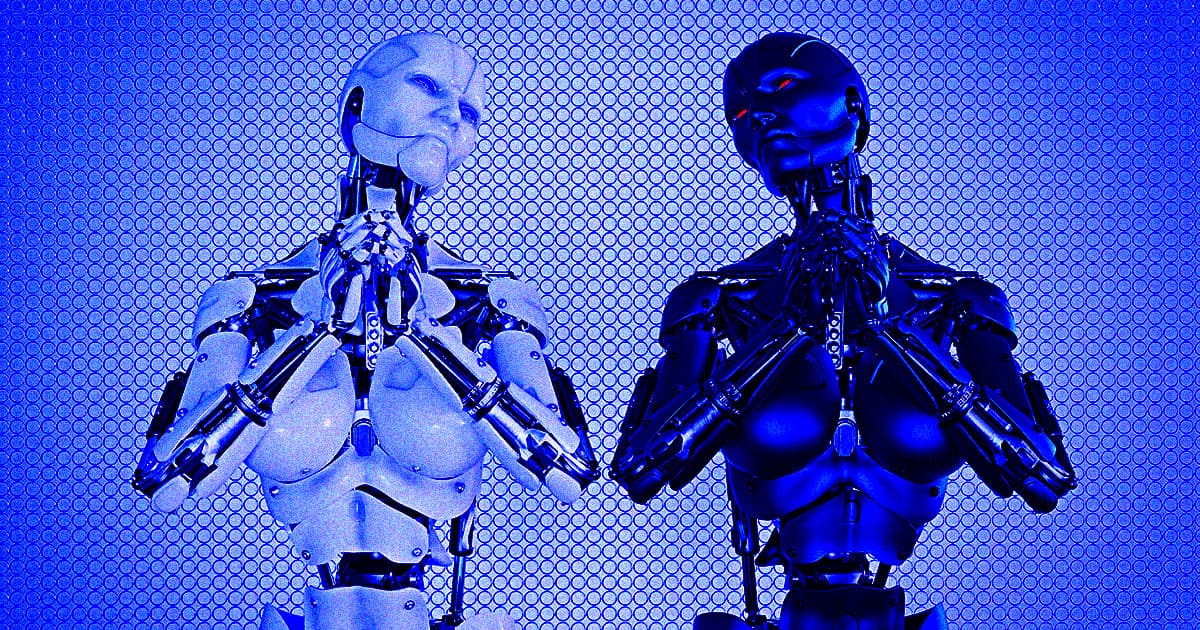"Bad things could happen."
Balancing Act
Another day, another Silicon Valley AI exec straddling the contradictory gap between AI optimism and AI doomsay.
James Manyika, a former technological advisor to the Obama administration and Google's freshly-appointed head of "tech and society," told The Washington Post that AI is "an amazing, powerful, transformational technology."
But, like others in the field — take OpenAI CEO Sam Altman, Silicon Valley's reigning king of cognitive dissonance, for instance — he also voiced some serious concerns.
Manyika was one of the many AI insiders who, back in May, signed a one-sentence letter declaring that "mitigating the risk of extinction from AI should be a global priority alongside other societal-scale risks such as pandemics and nuclear war."
And in his interview with the WaPo, the tech and society chief conceded that as a result of AI, "bad things could happen" — a convenient and ultimately meaningless position on the future of AI that leaves pretty much any outcome still on the table.
Bold and Responsible
Manyika's tightrope walking does feel notable. He's a powerful voice in the field, and is also the face of Google's self-avowed "bold and responsible" approach to AI, a mission defined by the exec in a May blog post as the act of "developing AI in a way that maximizes the positive benefits to society while addressing the challenges."
"While there is natural tension" between boldness and responsibility, Manyika wrote, "we believe it's possible — and in fact critical — to embrace that tension productively."
Others in the field, however, were quick to point out that his comments don't really mean all that much.
"What does it mean honestly?" Rebecca Johnson, an AI ethics researcher at the University of Sydney who recently worked as a visiting researcher at Google, told the WaPo. "It just sounds like a slogan."
No AI leader wants to be wrong about the future of AI — but forging ahead while having a muddy-at-best stance on the risks of AI isn't exactly confidence-inducing. Regurgitating meaningless talking points isn't going to help us, especially as many foreseen AI risks are already starting to play out in real life.
More on AI executives: OpenAI CEO Predicted AI Would Either End the World as We Know It, or Make Tons of Money
Share This Article
